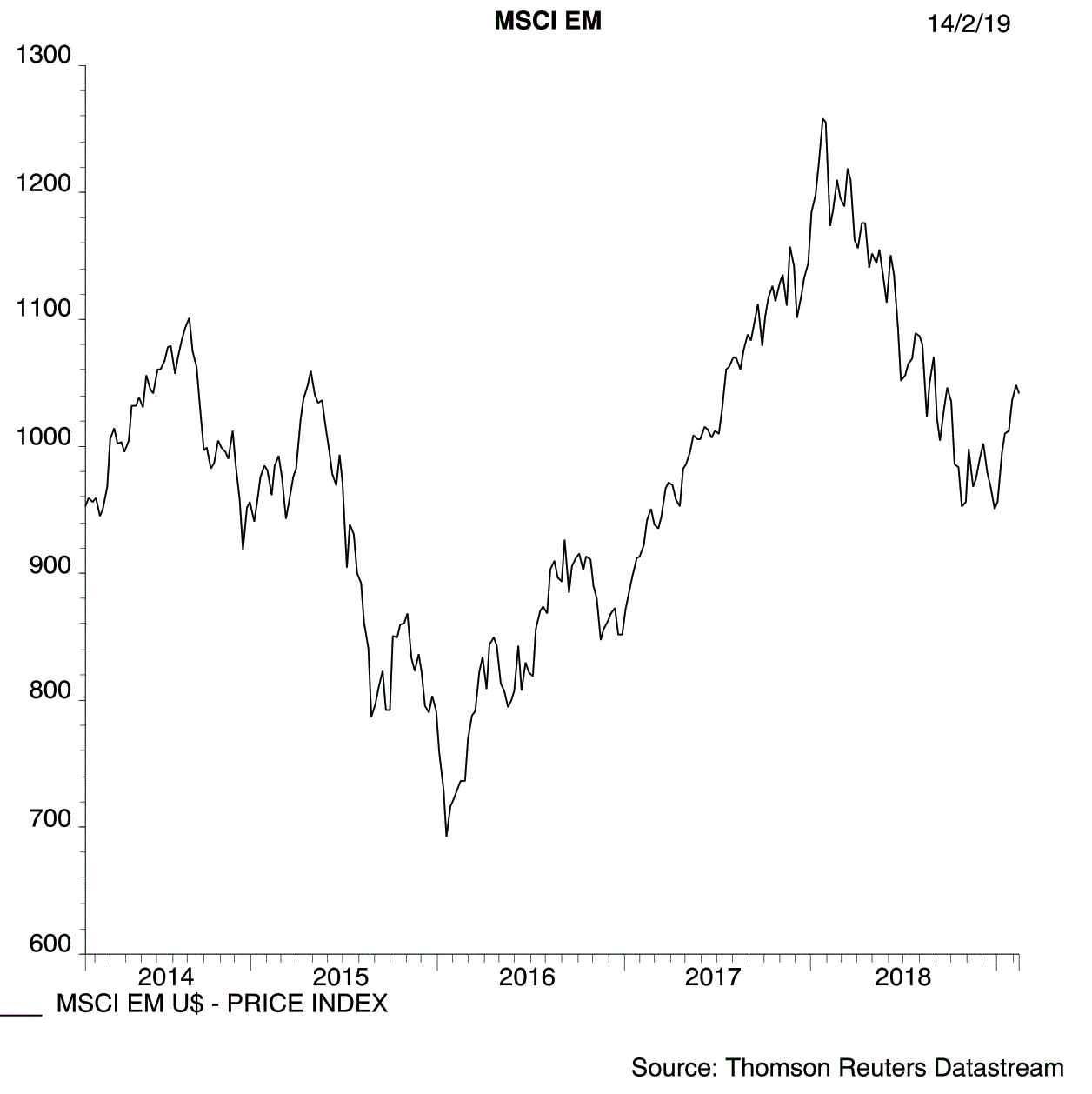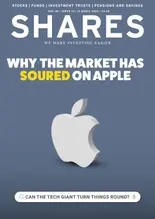
Sadly for emerging market debt manager Ashmore (ASHM) there's no love in the air today after its first half trading update.
While assets under management (AUM) have risen and the firm continues to talk up the prospects for emerging markets this year, investors have given it the cold shoulder sending the shares down 7% to 386p.
Concerns are centred on the drop in the value of the firm’s ‘seed’ or early-stage investments, the performance of the bulk of AUM and the founder’s strategy to progressively reduce his stake.
MARKETS ARE A FICKLE MASTER
Due to poor performance, the market value of Ashmore’s seed investments fell to £213m in the six months to December from £228m in June.
Meanwhile despite overall assets increasing thanks to inflows, just 30% of AUM beat their benchmark in the 12 months to December which is well below the firm’s typical 90%-plus norm.
Sentiment towards emerging markets can change quite suddenly and after two years of gains in 2016 and 2017 the tide turned quite sharply at the start of last year.
Coming into 2019 emerging markets have experienced strong gains thanks to a more measured approach to interest rate rises by the US Federal Reserve, which has caused the dollar to fall and more risky assets to rise.
Ashmore shares have tracked the rally in emerging markets this year seemingly with little regard to valuation or whether the firm’s assets are delivering decent returns.
FOUNDER CUTTING HIS INVESTMENT
Founder and chief executive Mark Coombs has agreed with the Board a ‘prudent and transparent’ means of reducing his 39% stake by selling up to 4% of Ashmore stock into the market each year.
This agreement takes away the need for the board to ask shareholders to vote on the stake sale at every AGM and avoids Coombs having to bid for the rest of the firm if his stake goes back over 30%, in the event of a buyback for example.
Although Coombs has pledged to stay on in his current role some investors may be unnerved that the founder is selling down his stake.





